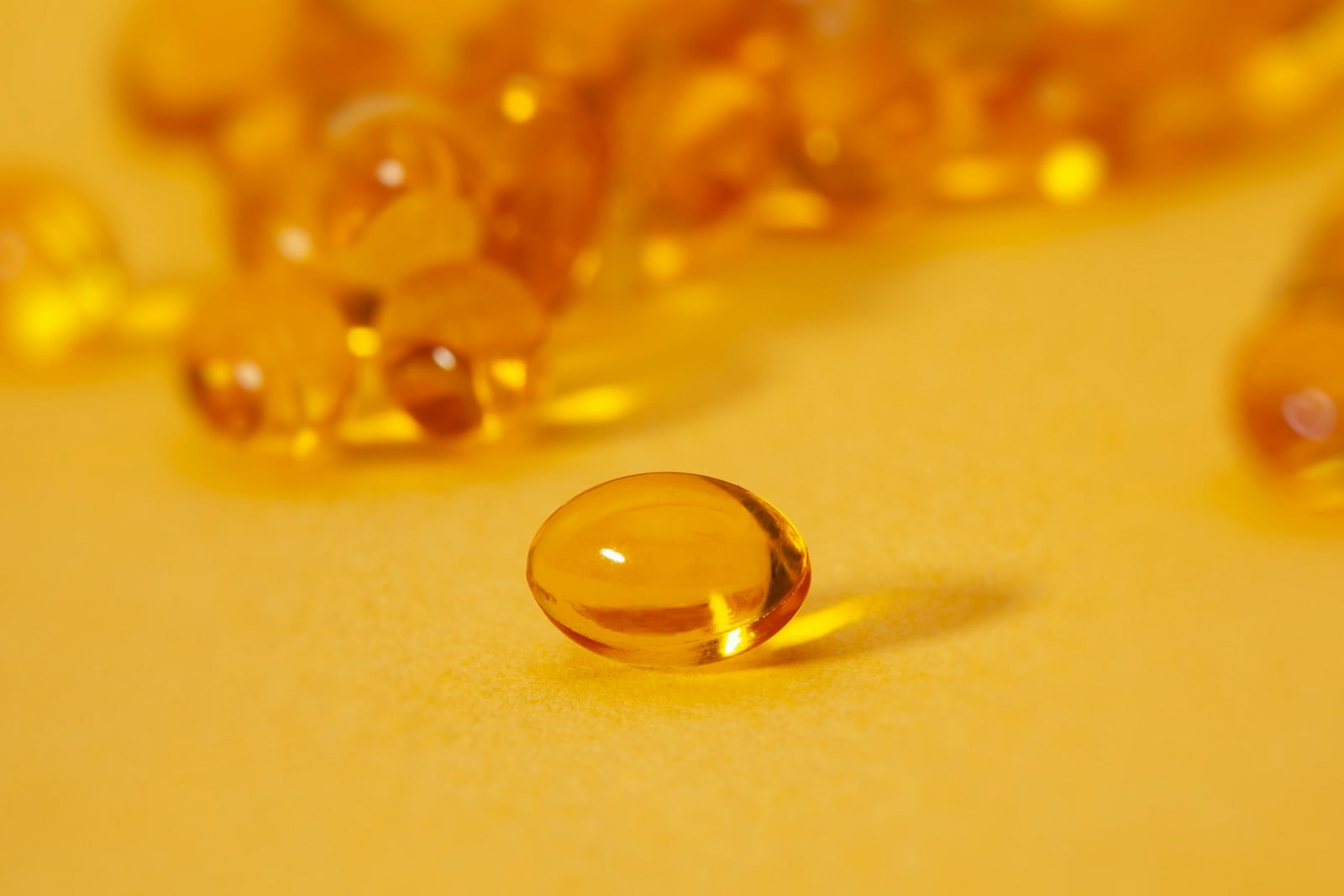Introduction to Iron Deficiency
Iron is a vital mineral necessary for producing hemoglobin, a protein in red blood cells that carries oxygen throughout the body. Iron deficiency can lead to various health issues. This article explores 20 common symptoms of iron deficiency.
1. Unusual Tiredness
Persistent Fatigue: One of the most common signs of iron deficiency is feeling tired all the time, regardless of rest.
2. Paleness
Reduced Hemoglobin Levels: Low iron levels can make the skin and mucous membranes less red than usual, a symptom known as pallor.
3. Shortness of Breath
Insufficient Oxygen Delivery: Iron deficiency can lead to shortness of breath because the body struggles to get enough oxygen.
4. Heart Palpitations
Irregular Heartbeats: When iron-deficient, the heart may beat irregularly or rapidly as it tries to pump more blood to compensate for the lack of oxygen.
5. Headaches and Dizziness
Reduced Oxygen to the Brain: Iron deficiency can cause headaches and dizziness due to reduced oxygen supply to the brain.
6. Dry and Damaged Hair and Skin
Poor Oxygen and Nutrient Supply: Lack of iron can lead to dryness and damage to hair and skin, as they receive less oxygen and nutrients.
7. Swollen and Sore Tongue
Glossitis and Mouth Ulcers: Iron deficiency can cause swelling, soreness, or strange smoothness of the tongue, along with mouth ulcers.
8. Restless Legs Syndrome
Uncomfortable Sensations in Legs: People with iron deficiency are more likely to experience restless legs syndrome, an irresistible urge to move the legs.
9. Brittle or Spoon-Shaped Nails
Deformed Nail Growth: A condition known as koilonychia, where nails become brittle or spoon-shaped, can indicate iron deficiency.
10. Cold Hands and Feet
Poor Circulation: Iron deficiency can lead to cold hands and feet due to poor blood circulation.
11. Frequent Infections
Weakened Immune System: Iron plays a key role in the immune system, and its deficiency can make one more susceptible to infections.
12. Poor Appetite
Especially in Infants and Children: Children with iron deficiency may show a lack of appetite.
13. Feeling Anxious
Reduced Oxygen Affects Nervous System: The lack of sufficient oxygen can cause feelings of anxiety.
14. Chest Pain
Strain on the Heart: Severe iron deficiency can cause chest pain due to increased strain on the heart.
15. Slow Cognitive Function
Impaired Brain Function: Iron deficiency can impact cognitive functions, leading to difficulties in concentration and memory.
16. Heavy Menstrual Bleeding
Common Cause in Women: Heavy periods can both be a symptom and a cause of iron deficiency in women.
17. Pica
Craving Non-food Substances: A craving for non-nutritive substances like ice, dirt, or starch can be a sign of iron deficiency.
18. Difficulty Swallowing
Esophageal Webbing: Iron deficiency can lead to the formation of esophageal webs, making swallowing difficult.
19. Increased Susceptibility to Cold
Impaired Immune Response: A lack of iron can make a person more susceptible to feeling cold.
20. Decline in Athletic Performance
Reduced Oxygen for Muscles: Athletes with iron deficiency may notice a decline in their performance, as their muscles don’t get enough oxygen.
Conclusion
Iron is crucial for many bodily functions, and its deficiency can lead to a range of symptoms. If you are experiencing any of these symptoms, consult a healthcare provider for appropriate diagnosis and treatment. Dietary changes and iron supplements are common ways to address iron deficiency.

























